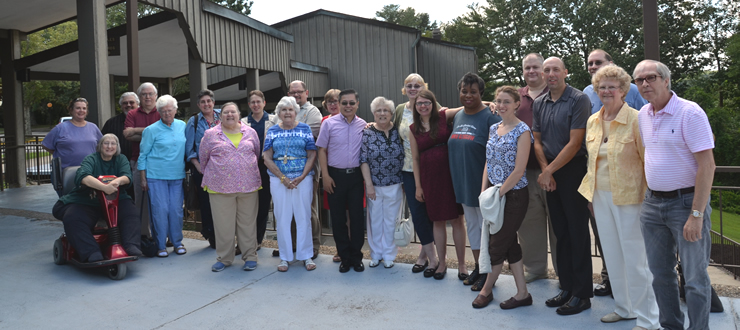
DLPS Faculty Publications
Abstract
Alfred Russel Wallace is well-known for his co-discovery of the principle of natural selection. Natural selection is usually considered a process, but it is not clear that Wallace regarded it in exactly these terms. In fact he more likely thought of the relationships involved as representing what we would now term a “state space,” a negative feedback loop wherein populations are maintained at healthy levels through elimination of the unfit. Both before and after the advent of natural selection Wallace clung to the idea that “more recondite forces” were shaping the nature and direction of evolution; this is especially evident in his treatment of incipient structures, and continuing allusions to the probable existence of extenuating local influences on process. In this work the history of these leanings is detailed, in the hope that Wallace's overall position on evolution may be better understood.
Disciplines
Biodiversity | Earth Sciences | Ecology and Evolutionary Biology | Evolution
Recommended Repository Citation
Smith, Charles H., "Wallace and Incipient Structures: A World of "More Recondite" Influences" (2013). DLPS Faculty Publications. Paper 74.
https://digitalcommons.wku.edu/dlps_fac_pub/74
Included in
Biodiversity Commons, Earth Sciences Commons, Evolution Commons

Comments
A paper delivered by videotape at the "2nd International Conference on Alfred Russel Wallace," Kuching, Sarawak, Malaysia, November 2013; to be published by Springer in the conference proceedings